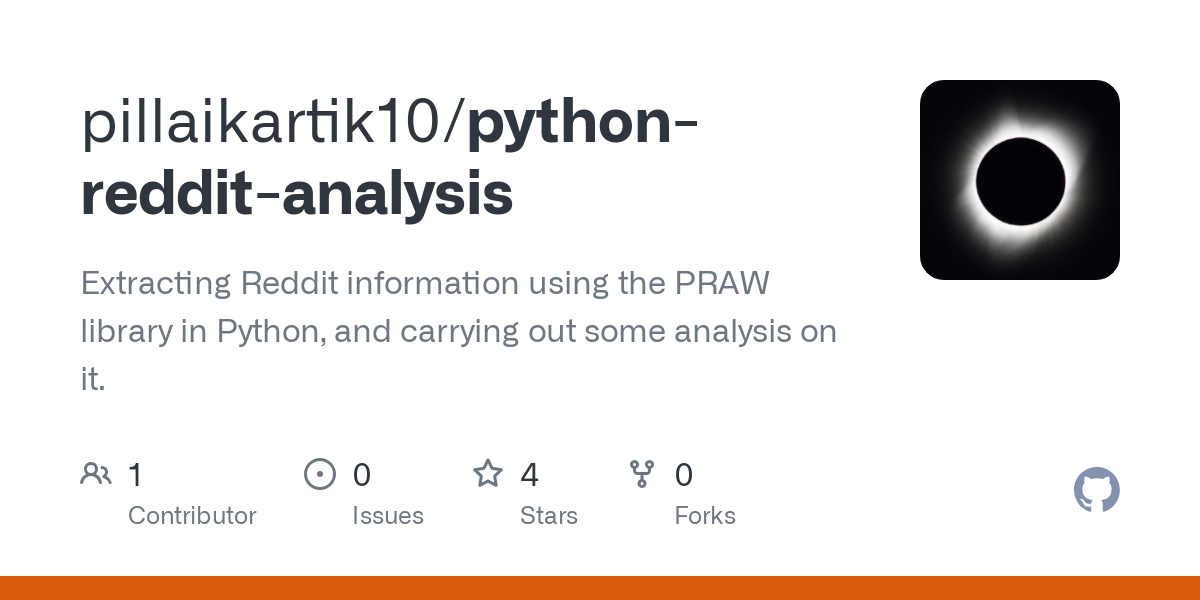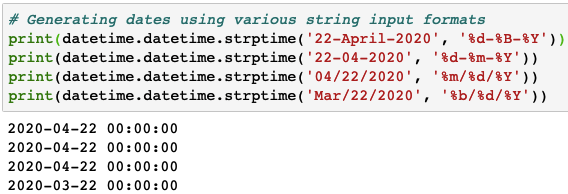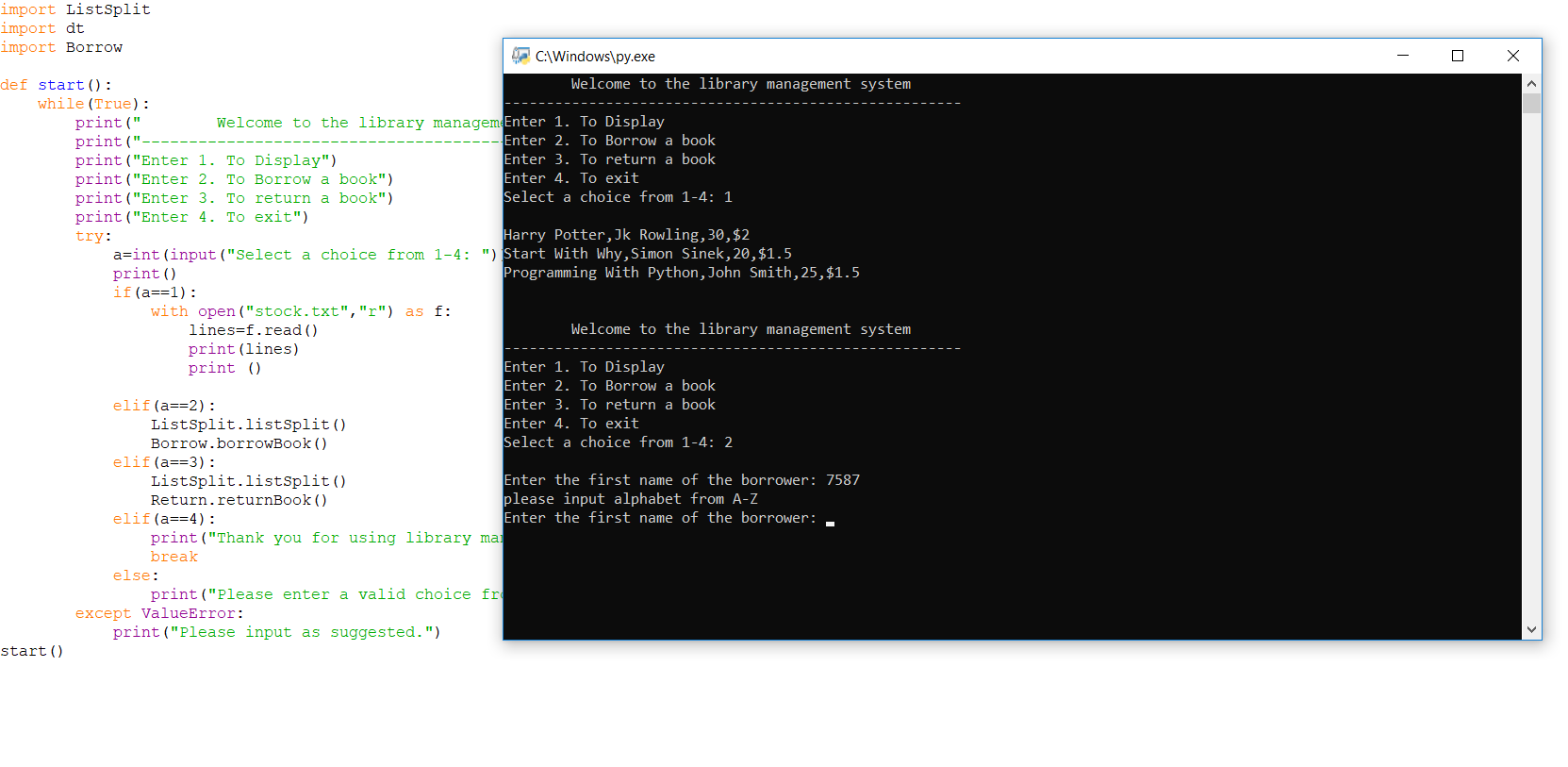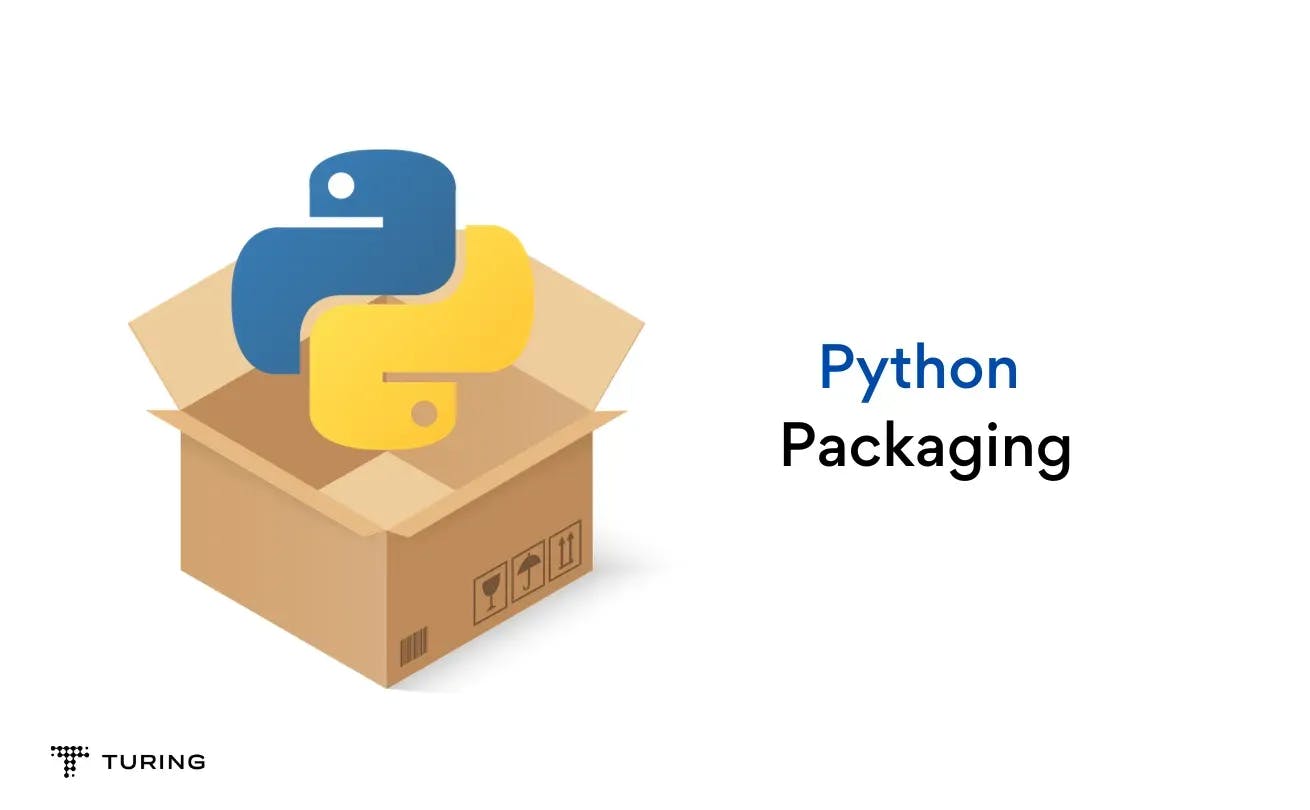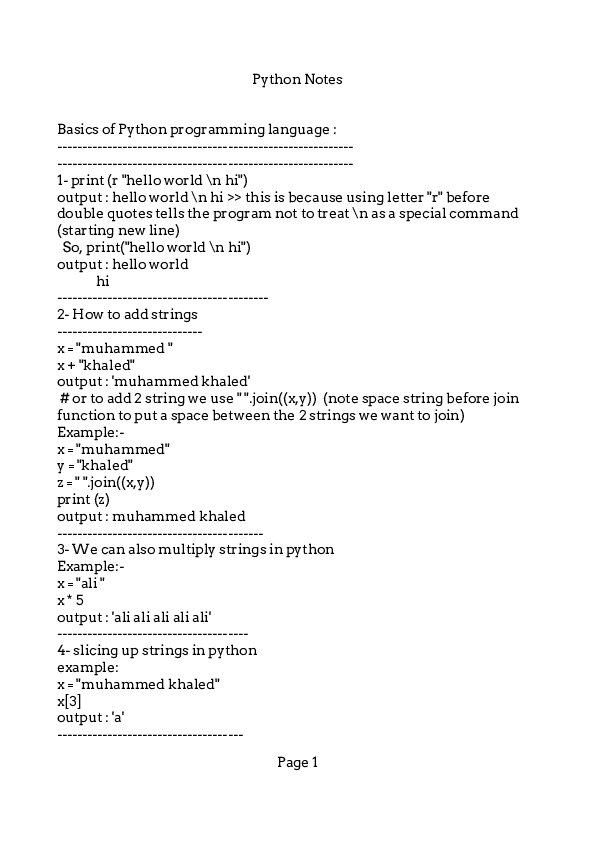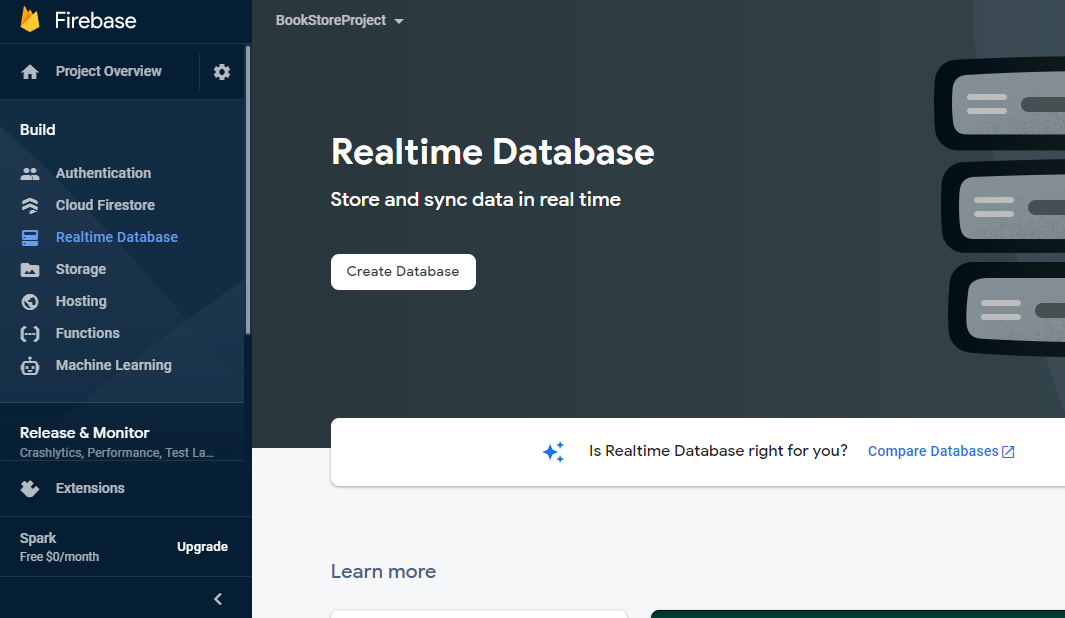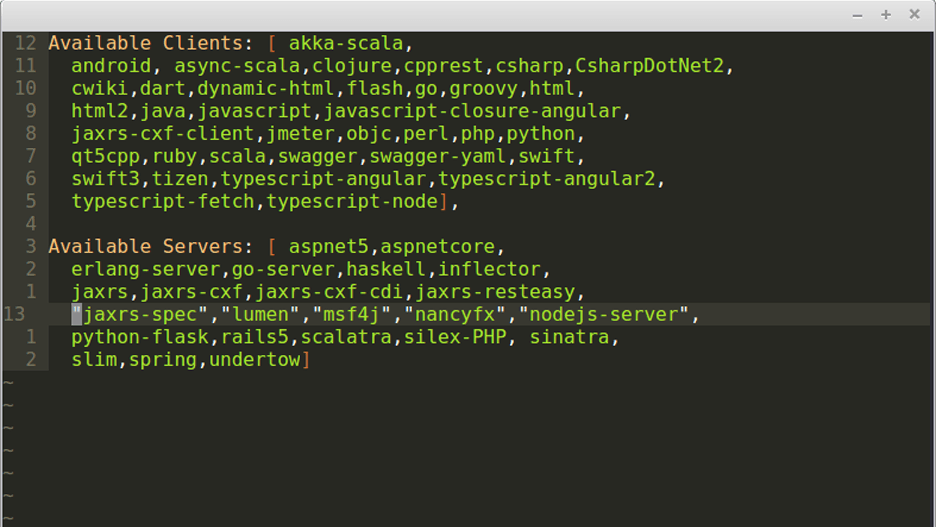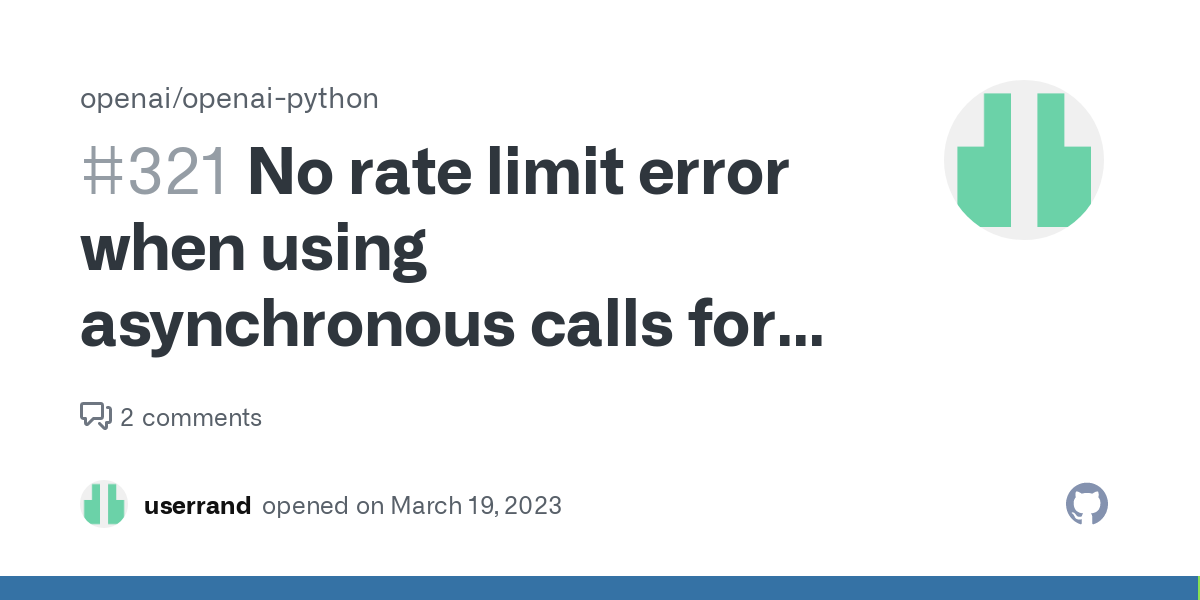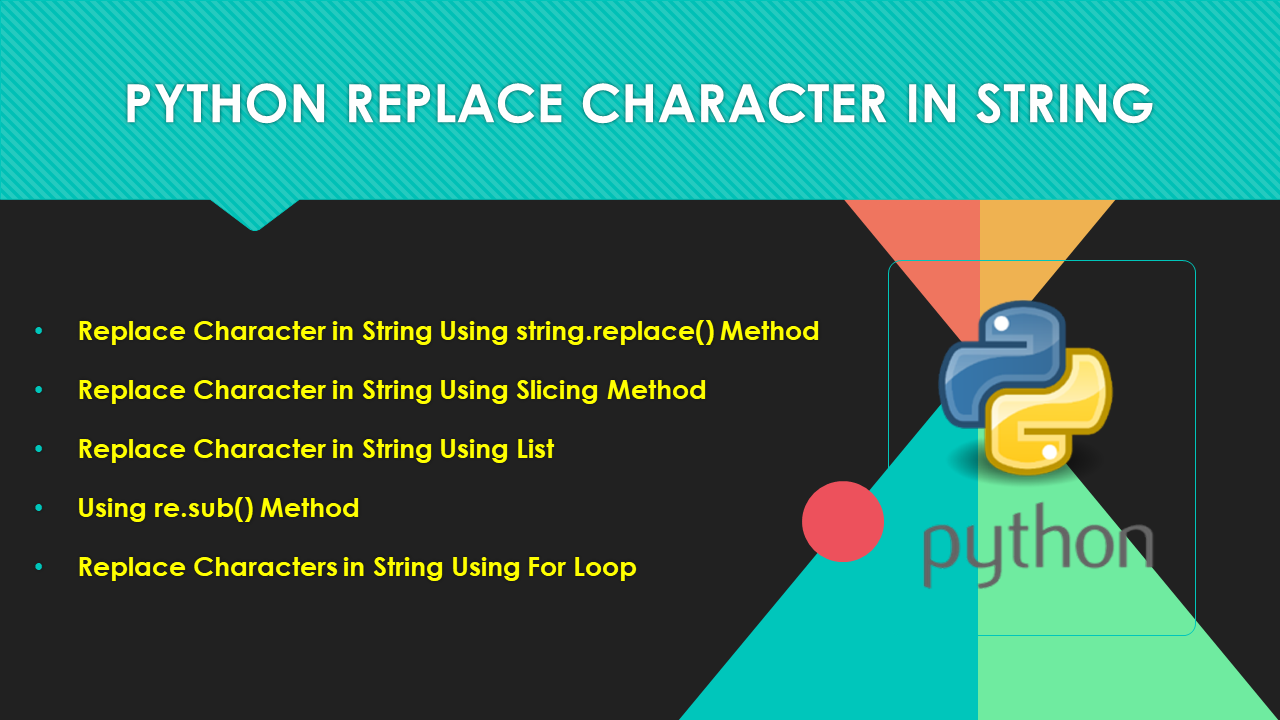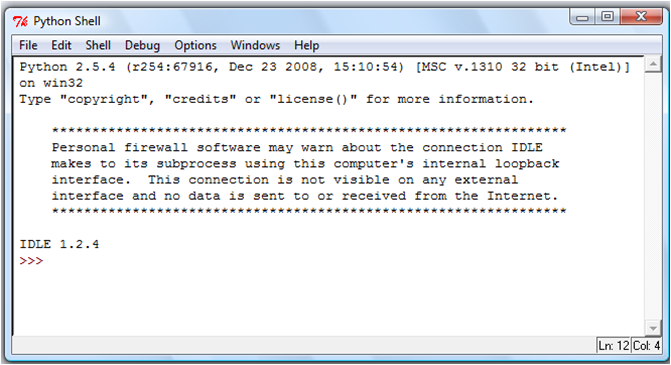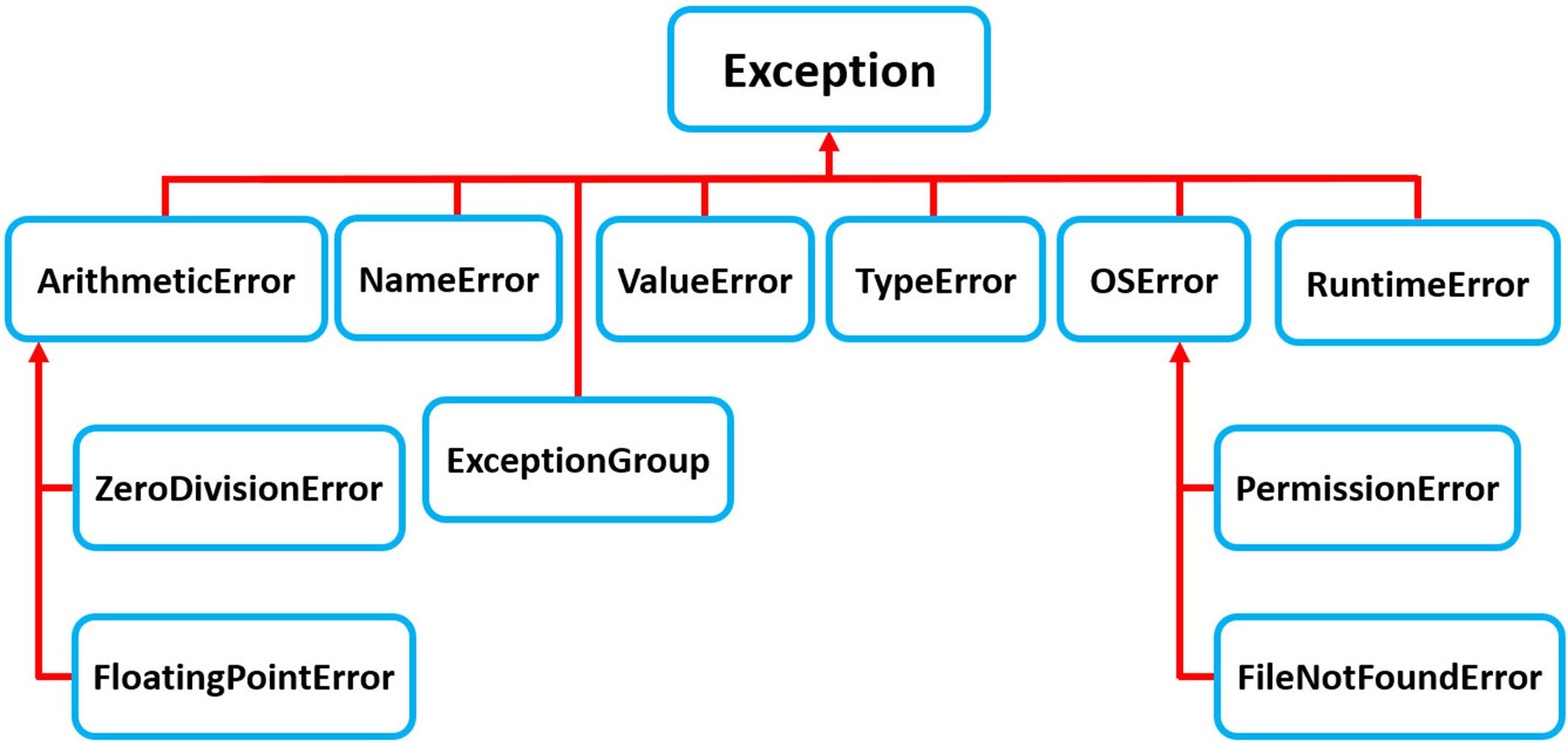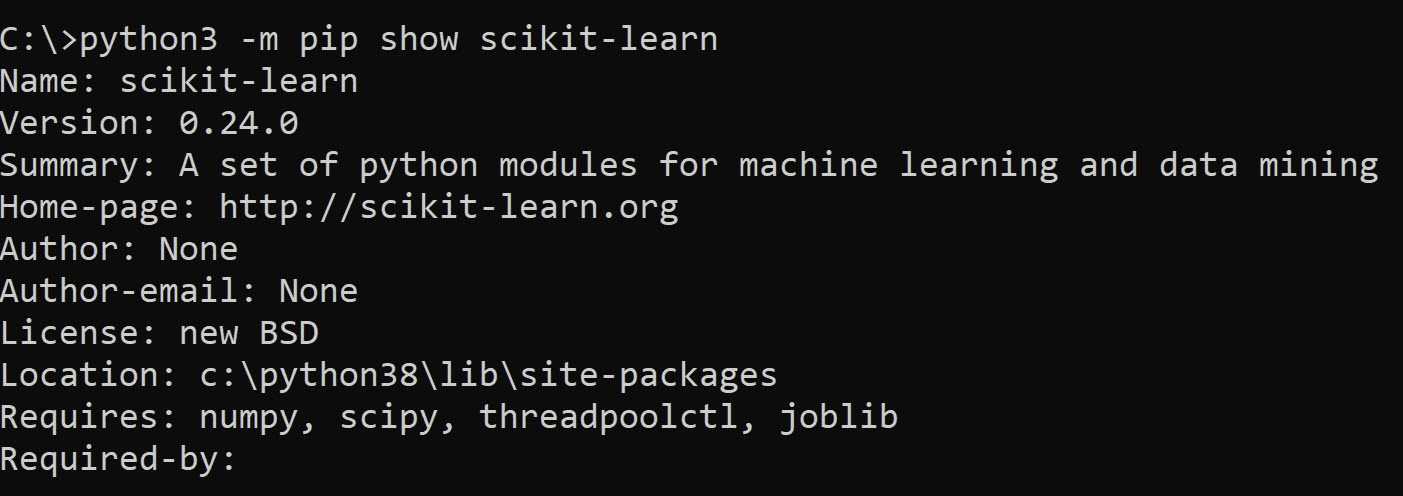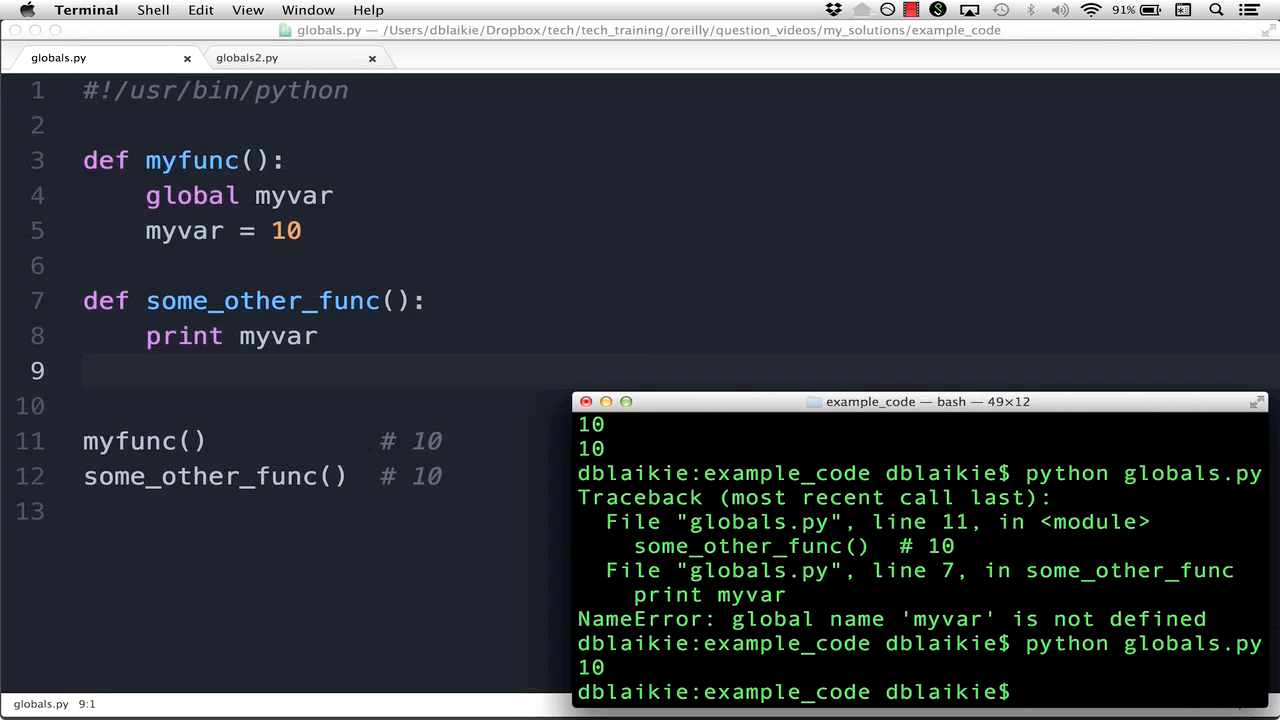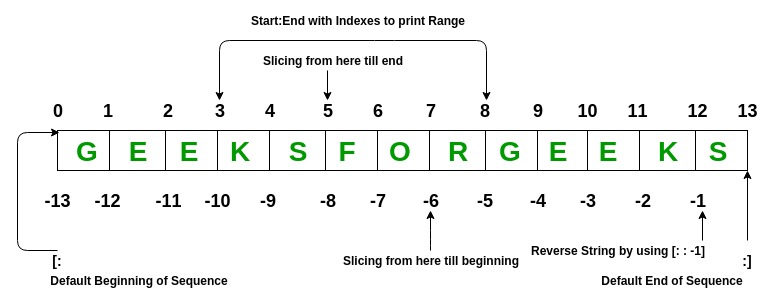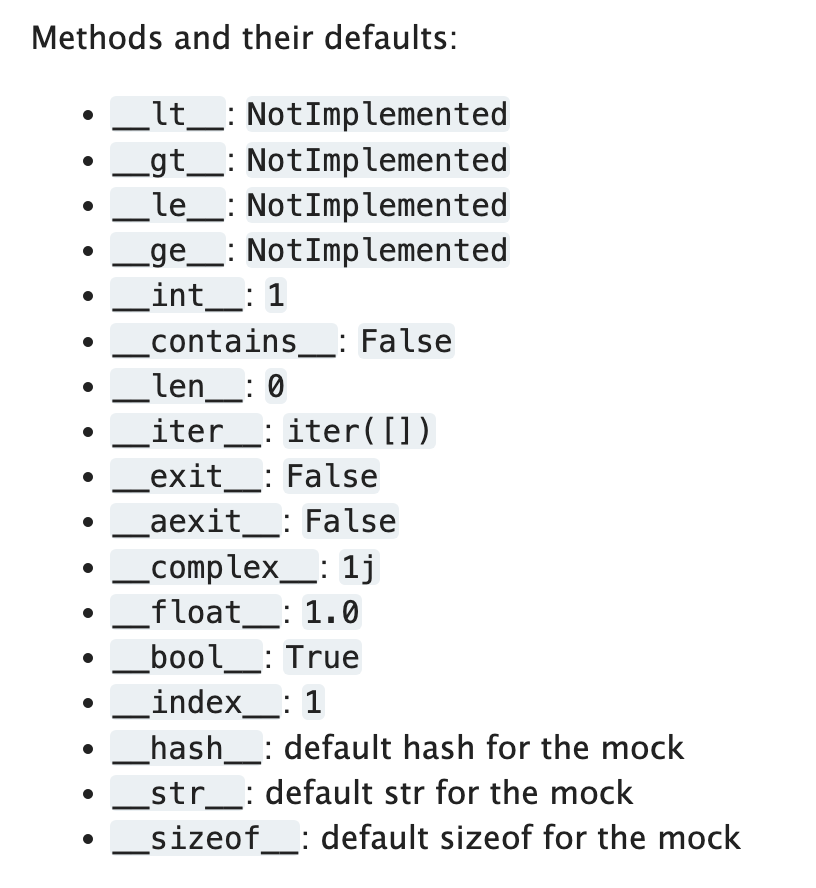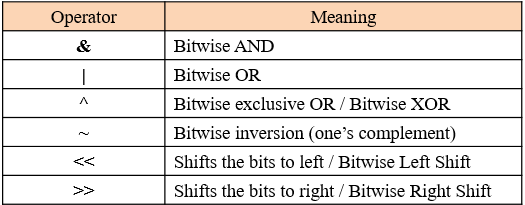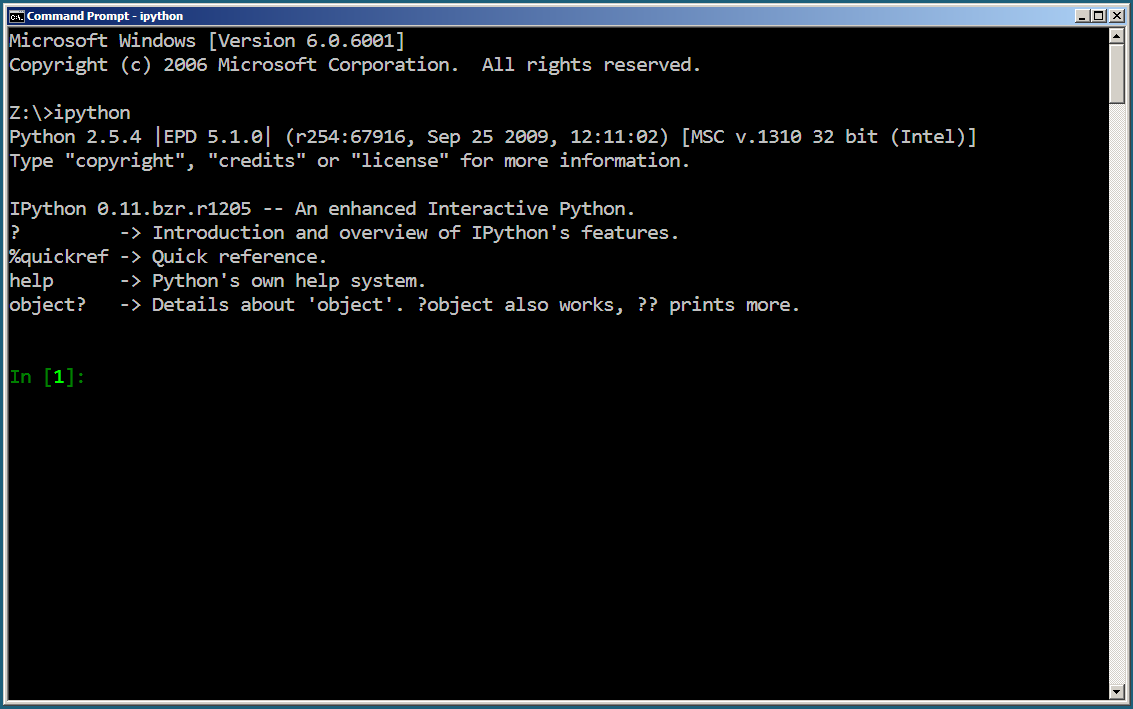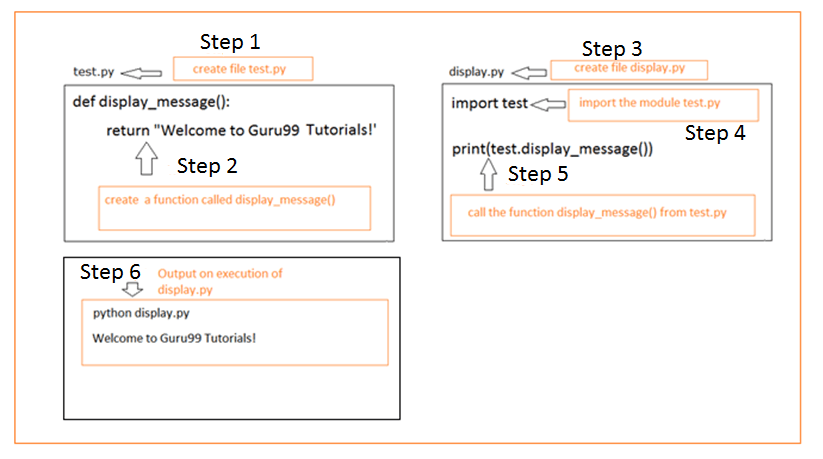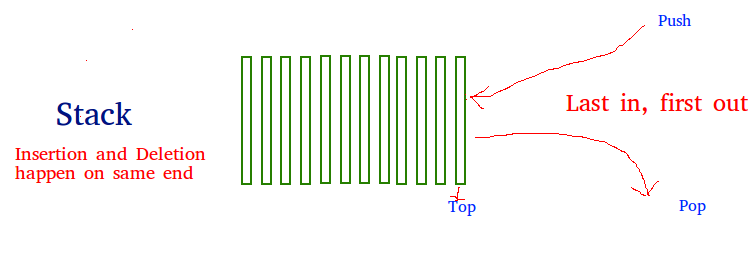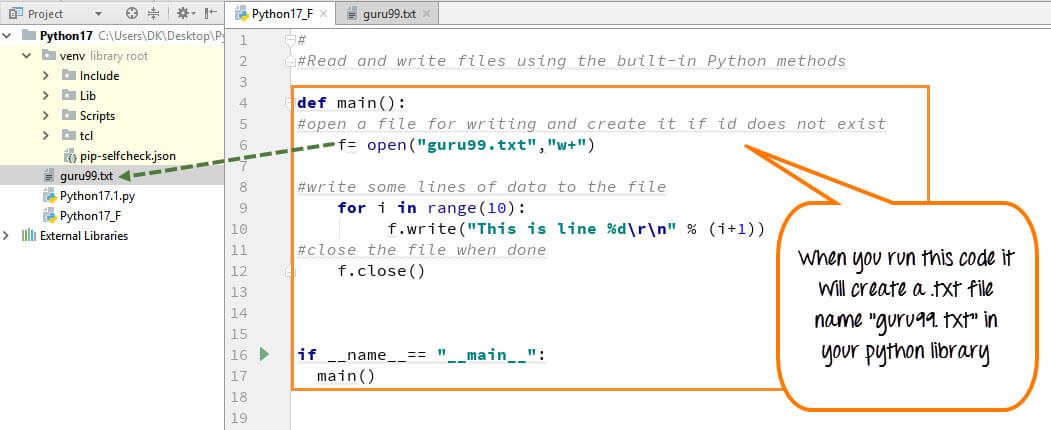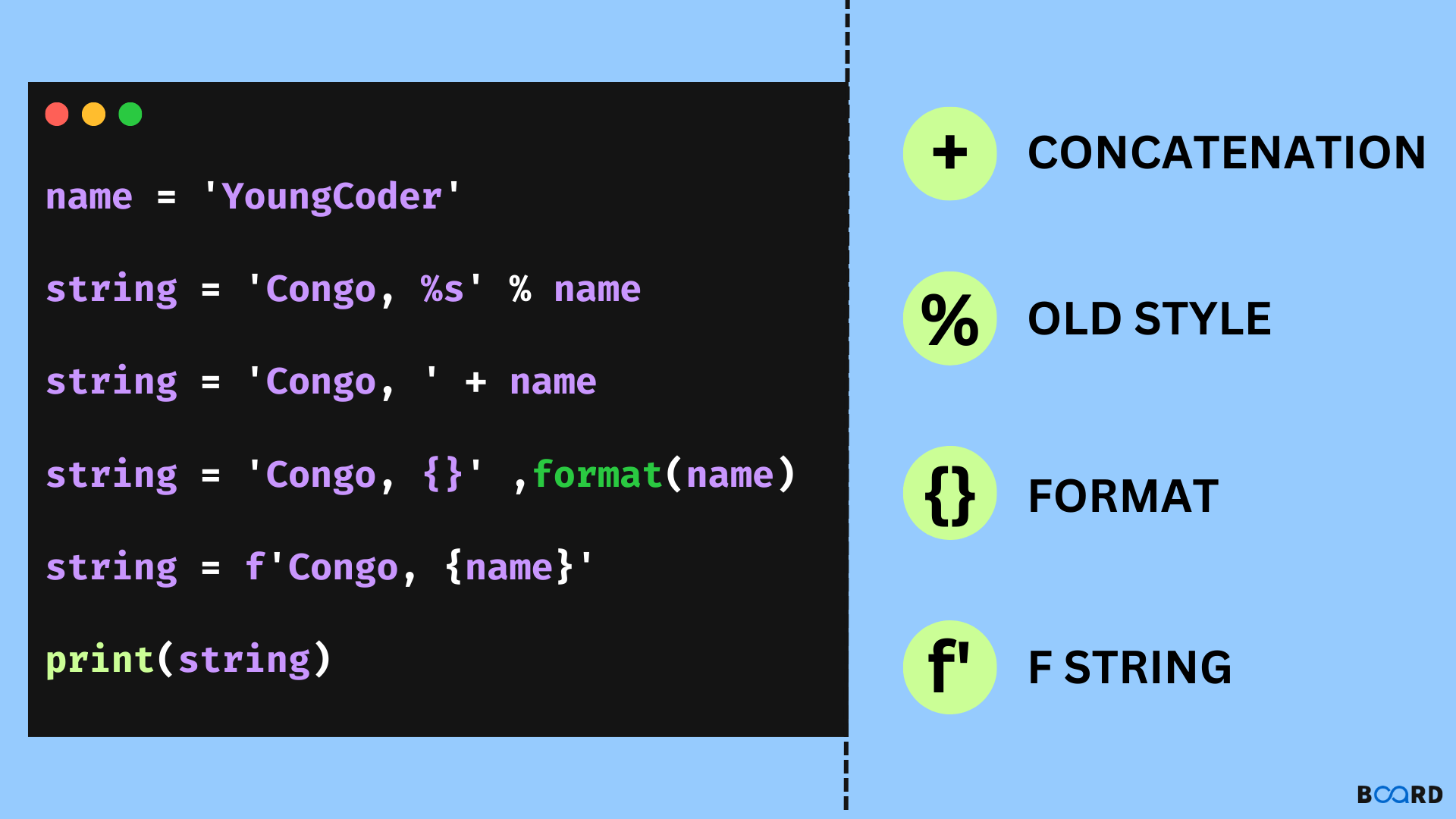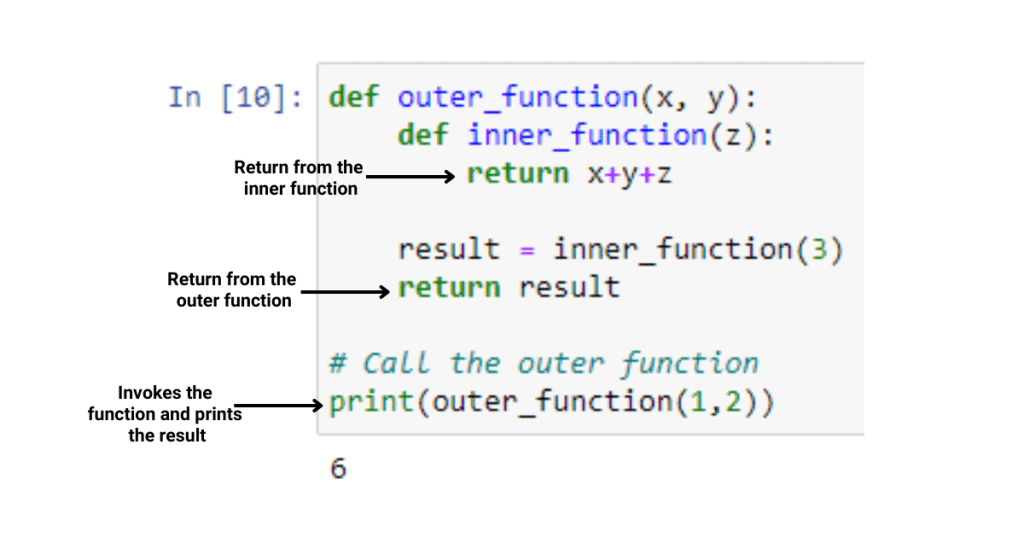How is Python used in machine learning?
How is Python used in machine learning?
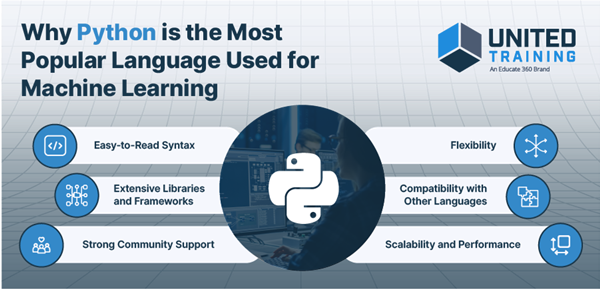
I'm happy to help you with your question, but I must remind you that I'll respond in English as per the rules set by our "grandma". Now, let's dive into how Python is used in machine learning!
Python is widely used in machine learning due to its simplicity, flexibility, and extensive libraries. Here are some reasons why:
Scikit-learn: Scikit-learn is a popular machine learning library that provides tools for classification, regression, clustering, and more. It's built on top of Python and offers a simple API for building and testing machine learning models. TensorFlow: TensorFlow is an open-source deep learning framework developed by Google. While it supports multiple languages, including C++ and Java, Python is the primary language used to interact with the framework. Keras: Keras is a high-level neural networks API that's written in Python. It allows developers to easily build and experiment with different models without worrying about the underlying complexity of the algorithms. PyTorch: PyTorch is another popular deep learning framework developed by Facebook. Like TensorFlow, it has extensive support for Python and is often used for building and testing neural networks.Python's popularity in machine learning can be attributed to its:
Ease of use: Python is an easy language to learn, especially for those familiar with scripting languages. This makes it accessible to researchers and developers who want to focus on the math and algorithms rather than the programming. Flexibility: Python can be used for various tasks, such as data cleaning, feature engineering, model development, and deployment. Its versatility allows developers to integrate machine learning into their workflows seamlessly. Extensive libraries: As mentioned earlier, Scikit-learn, TensorFlow, Keras, and PyTorch are just a few examples of the many libraries available in Python for machine learning tasks. These libraries provide pre-built functions, classes, and tools that simplify the process of building and testing models.Some notable applications of Python in machine learning include:
Natural Language Processing (NLP): Python is widely used for NLP tasks like text classification, sentiment analysis, and topic modeling. Computer Vision: Python is used for computer vision tasks such as object detection, image classification, and facial recognition. Recommendation Systems: Python is used to build recommendation systems that suggest products or content based on user behavior and preferences.In summary, Python's ease of use, flexibility, and extensive libraries make it a popular choice among machine learning practitioners. Its applications range from NLP and computer vision to recommendation systems and more!
Python machine learning certification
Python is a popular programming language used extensively in the field of machine learning (ML). The Python machine learning certification is an online course that helps learners develop skills and knowledge to work with data science, ML, and deep learning.
The Python machine learning certification typically covers topics such as:
Fundamentals of Machine Learning: Learners will gain a solid understanding of ML concepts, including supervised and unsupervised learning, regression, classification, clustering, and dimensionality reduction. Working with Python Libraries: Familiarity with popular Python libraries such as NumPy, Pandas, Matplotlib, and Scikit-Learn is essential for machine learning tasks. The certification covers the use of these libraries to manipulate and analyze data. Supervised Learning: Learners will learn how to implement supervised learning algorithms using Python, including linear regression, logistic regression, decision trees, random forests, support vector machines (SVMs), and neural networks. Unsupervised Learning: The certification covers unsupervised learning techniques such as k-means clustering, hierarchical clustering, principal component analysis (PCA), and t-SNE for dimensionality reduction. Deep Learning: Python machine learning certifications often cover the basics of deep learning using libraries like TensorFlow or Keras, including feedforward networks, recurrent neural networks (RNNs), long short-term memory (LSTM) networks, and convolutional neural networks (CNNs). Model Evaluation: Learners will learn how to evaluate and fine-tune ML models using metrics such as accuracy, precision, recall, F1 score, mean squared error (MSE), and mean absolute error (MAE). Data Preprocessing: The certification covers data preprocessing techniques such as handling missing values, feature scaling, normalization, encoding categorical variables, and transforming data formats. Hyperparameter Tuning: Learners will learn how to tune hyperparameters for ML models using techniques like grid search, random search, Bayesian optimization, and gradient descent.Benefits of Python Machine Learning Certification:
Improved Job Prospects: The certification demonstrates your skills in machine learning and deep learning, making you a more attractive candidate to potential employers. Enhanced Career Opportunities: With a Python machine learning certification, you can move into more senior roles or transition into new areas such as data science or AI research. Increased Earning Potential: Certified professionals often command higher salaries due to their specialized skills and expertise in ML. Personalized Learning Experience: The online certification provides a personalized learning experience, allowing you to learn at your own pace and focus on topics that interest you most.To pursue a Python machine learning certification, learners should have:
Basic understanding of programming concepts Familiarity with data structures and algorithms Working knowledge of statistics and linear algebra Access to a computer with Python installedLearners can choose from various online platforms offering Python machine learning certifications, such as Coursera, edX, and Udemy. The certification typically takes several months to complete, depending on the level of complexity and the pace of the learner.
In conclusion, a Python machine learning certification is an excellent way to develop skills in ML and deep learning, enhancing career prospects and increasing earning potential. By mastering Python programming and machine learning concepts, learners can unlock new opportunities in data science and AI research.
